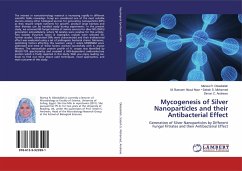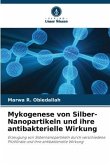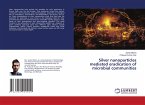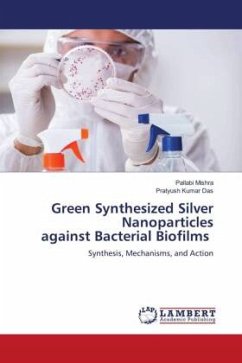The interest in nanotechnology research is increasing rapidly in different scientific fields nowadays. Fungi are considered one of the most suitable sources among other biological sources for generating nanoparticles (NPs) as they require simple nutrients for growth, produce large biomass and their biomass can be handled easily during experiments. In the present study, we screened 80 fungal isolates of marine sources for silver NPs (SNPs) generation extracellularly, where 50 isolates were positive for this activity. Two isolates (Fusarium solani & Aspergillus oryzae) were selected for further studies. Generated SNPs were characterized and their antibacterial effect was evaluated using a set of pathogenic bacterial strains. Moreover, optimizing factors affecting this reaction using F. solani MH005062 were addressed and most of these factors worked successfully with A. oryzae filtrates. The extracellular protein profile of A. oryzae was identified by MALDI-TOF spectrometry and revealed a FAD-dependent oxidoreductase protein which is firstly reported in this study. Wish you enjoy reading our book to find out more about used techniques, novel approaches, and main outcome of this study.
Bitte wählen Sie Ihr Anliegen aus.
Rechnungen
Retourenschein anfordern
Bestellstatus
Storno








